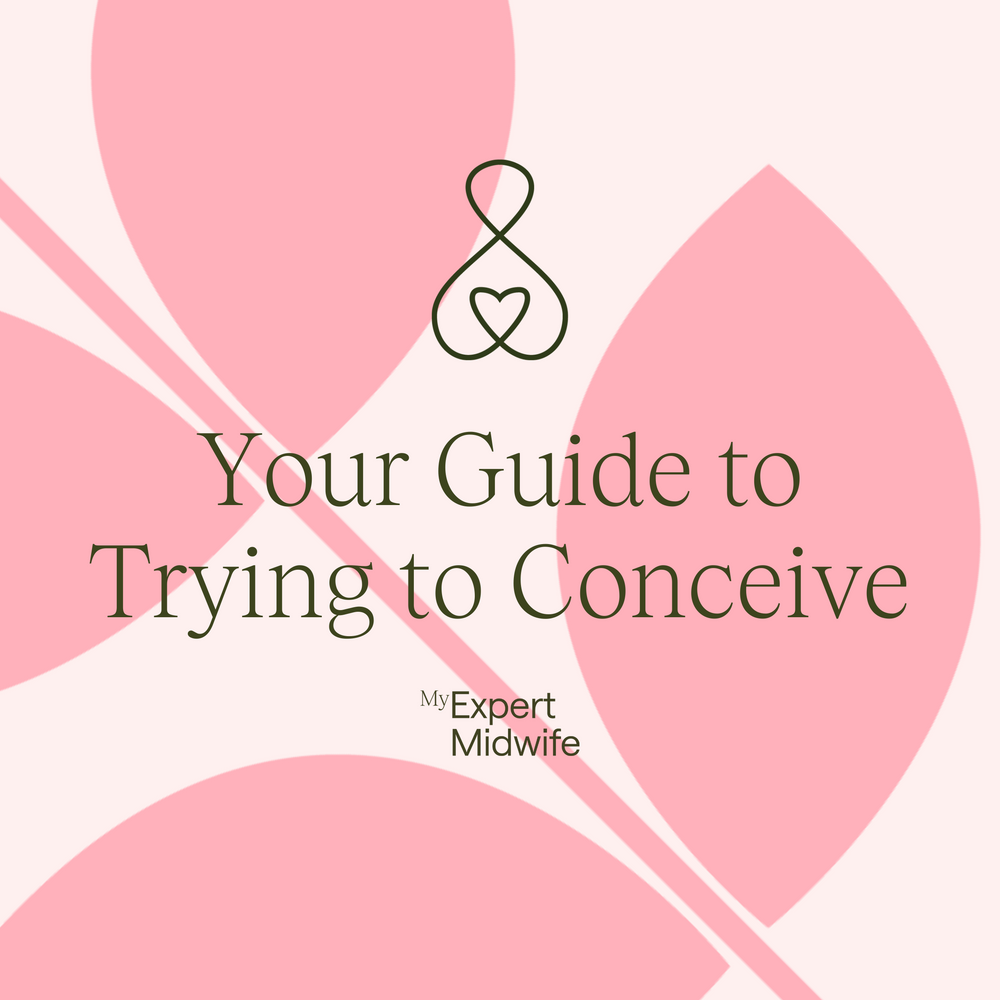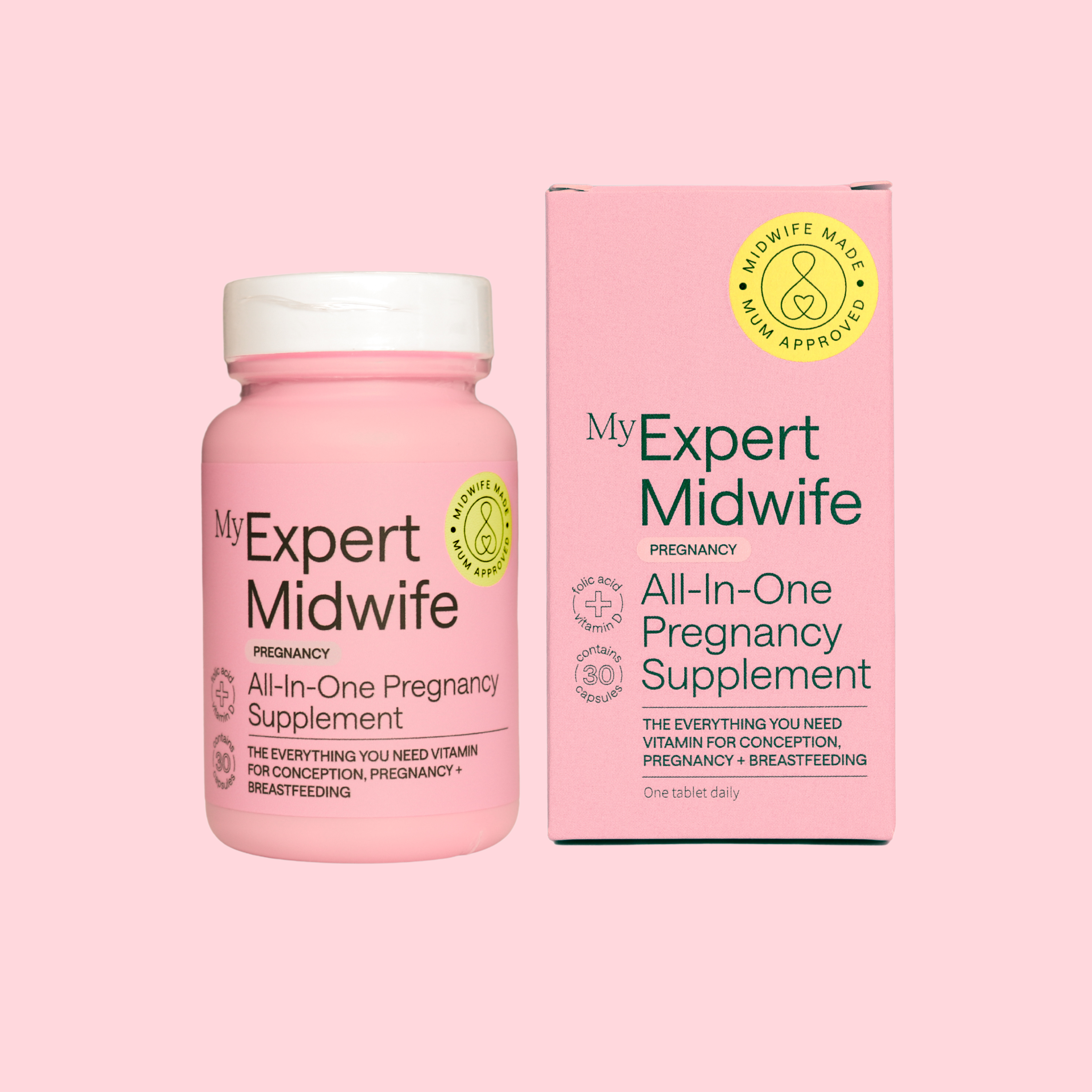This downloadable mini guide is packed full of the information you need to know about female and male fertility, understanding when you are most fertile and what happens next if you need more help when trying to conceive (TTC).
Shop the article:





















